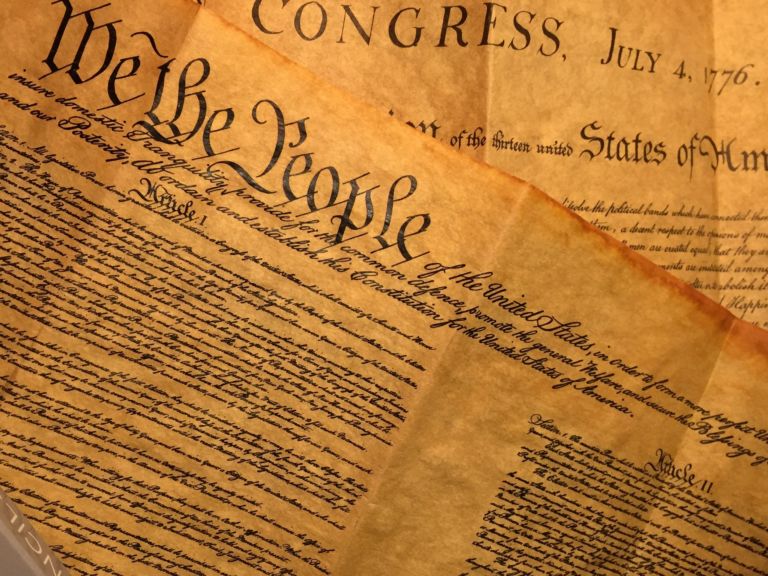John Fund writes for National Review Online about a disturbing trend within the American public.
Left-wing pundits were predictably appalled last month when Representative Marjorie Taylor Greene, a conservative provocateur, called for “a national divorce.” …
… Greene is an expert on how to troll liberals, but that doesn’t mean we should ignore the sentiment she expressed. A new Ipsos poll of 1,018 adults, conducted in mid-March, found 20 percent of Americans agreeing about a divorce between the states. Support ranged across the spectrum — 16 percent of Democrats, 25 percent of Republicans, and 20 percent of independents.
The number of Democrats shouldn’t surprise anyone. As NR’s Jim Geraghty reported in 2017, Donald Trump’s election spawned a “Calexit” movement that deployed 8,000 volunteers in an unsuccessful attempt to put California secession on the ballot. At the time, a poll commissioned by Reuters found that 32 percent of Californians (mostly Democrats) backed the idea.
Of course, a national divorce isn’t going to happen. Our bloody Civil War put an end to national secession as a serious proposition. But uncoupling can happen at a more local level. Urban neighborhoods upset with poor services and failed efforts to stop crime sometimes try to separate from the larger city and incorporate as a new town. Such an effort by the Buckhead section of Atlanta passed a Georgia state-senate committee this month before narrowly losing a floor vote.
There are also active movements to have parts of some sprawling, diverse states join a neighboring state they are simpatico with. The thinking is that this would ease tensions, defuse the war of ideology between Left and Right, and allow more policy experimentation, since each state would have residents more in sync with one another.
The most advanced such movement is in Oragne. Oregon’s eleven counties in the easternmost part of the state are furious that “woke” Portland and the university town of Eugene dominate the state’s politics.


